Pakistan declares emergency as devastating floods affect millions
The government of Pakistan has declared a state of emergency to deal with the monsoon floods that have hit areas across the country and affected more than 30 million people.
Despite being essential every year to irrigate crops and fill lakes and dams across the Indian subcontinent, monsoons also bring a wave of destruction.
Two days after calling the floods “a catastrophe of epic scale,” Climate Change Minister Sherry Rehman said on Friday that the Islamabad government had declared an emergency while appealing for international assistance.
According to the National Disaster Management Authority (NDMA), more than 900 people have been killed this year – including 34 in the last 24 hours – as a result of devastating rains that began in June.
Officials say this year’s floods have inundated more than a fifth of Pakistan, similar to the 2010 floods that killed more than 2,000 people in the country.
“I have never seen such huge flooding because of rains in my life,” an octogenarian farmer, Rahim Bakhsh Brohi, told AFP near Sukkur, in the southern Sindh province.
The office of Prime Minister Shehbaz Sharif said in a statement on Friday that 33 million people had been affected by the floods, while the country’s natural disaster agency said nearly 220,000 homes had been destroyed and another half a million seriously damaged.
Sindh province’s natural disaster agency said 800,000 hectares (2 million acres) of crops were destroyed there alone, where many people make their living through agriculture.
“My cotton crop that was sown on 50 acres of land is all gone,” Nasrullah Mehar told AFP. “It’s a huge loss for me … What can be done?”
Due to the extent of the flood and its damage, tents have been set up for flood-displaced people in Pakistan’s Sindh province.
Pakistan is ranked eighth in the long-term global climate risk list prepared by environmental NGO Germanwatch of countries vulnerable to extreme climate change.
Much of Pakistan is suffering from drought and a widespread heat wave, with temperatures reaching 51 degrees Celsius (124 degrees Fahrenheit) in Jacobabad, Sindh province.
The city is facing floods that have submerged houses and destroyed roads and bridges.
A national fundraising appeal has been launched and the Pakistan Army has said that every commissioned officer will donate a month’s salary to the flood victims.
Almost all regions of Pakistan have been affected by torrential rains this year, but the most affected regions are Baluchistan and Sindh in the south and west of the country.
Both provinces have experienced the highest volume of monsoon rains in the last six decades, which were respectively 522% and 469% more than the average rainfall this year.
The heavy rain has destroyed roads and bridges and carried away livestock. Balochistan’s rail links with other parts of Pakistan were also suspended in March after a major bridge built by the British government in 1885 about 35 miles (56 km) from the provincial capital, Quetta, collapsed.
VIDEO | Trump’s 2026 State of the Union speech bellicose, short on policy
Iran’s president sees 'good outlook' for nuclear talks with US
Peter Mandelson suspected of misconduct in public office as UK envoy to US
Iran's foreign minister leaves for Geneva for third round of US talks
Iran dismantles foreign-backed terror network in Southeast
VIDEO | Press TV's news headlines
US imposes more sanctions on Iran ahead of new round of talks
UK engaged in 'systematic' suppression of pro-Palestine voices: Report


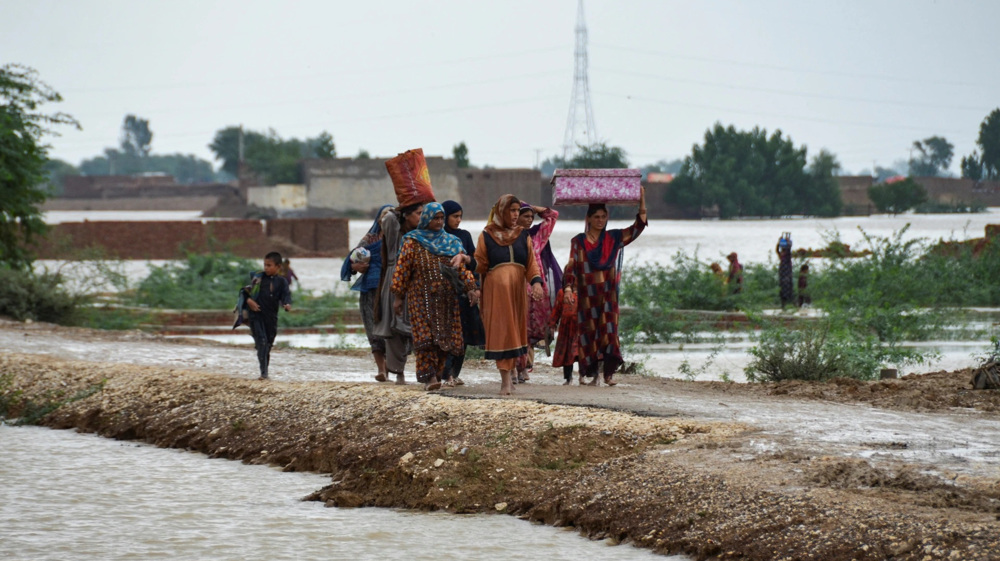
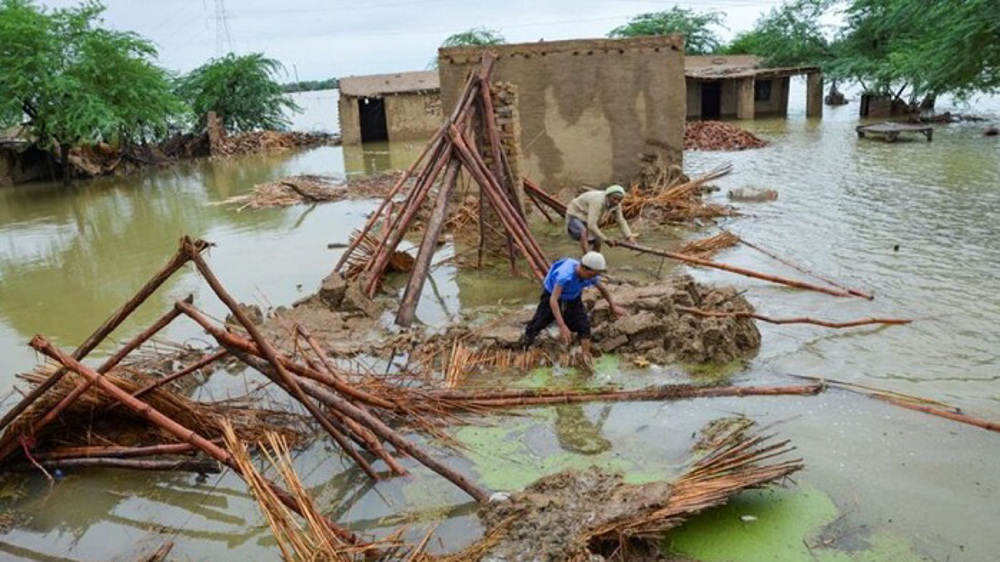
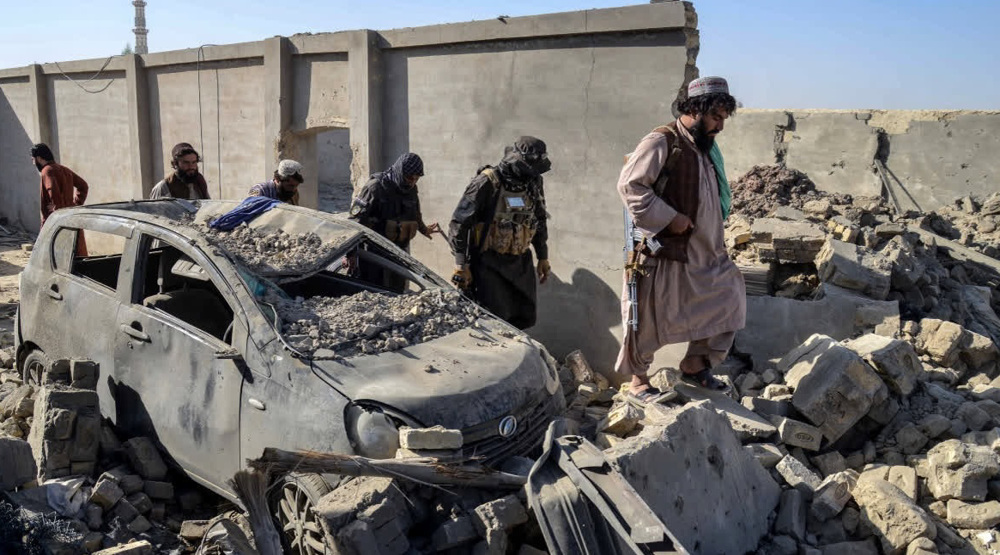





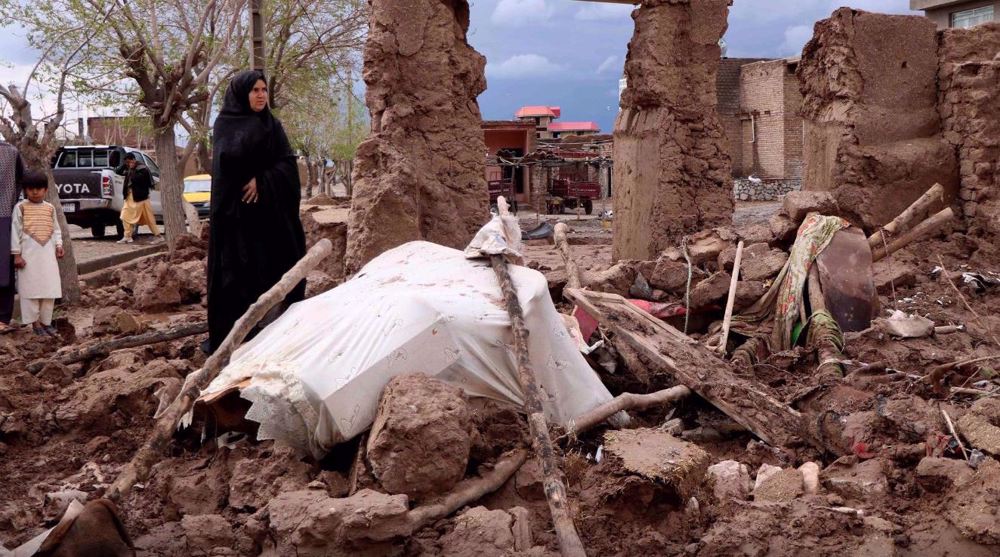
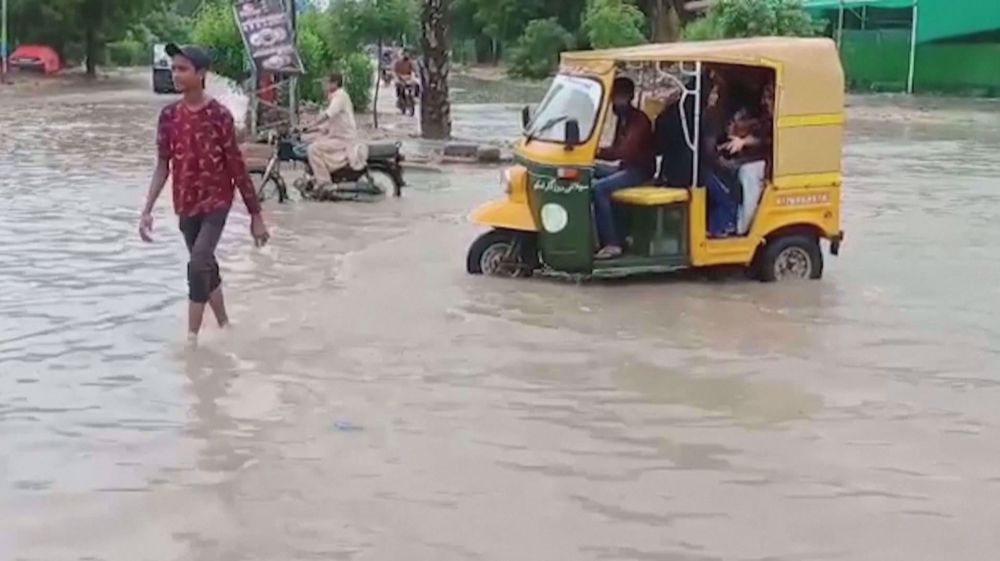
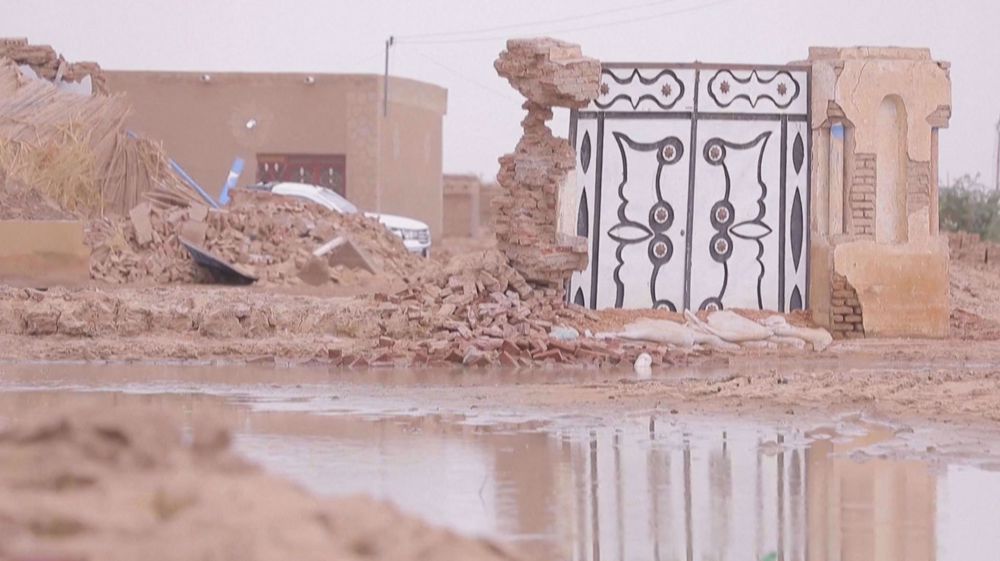
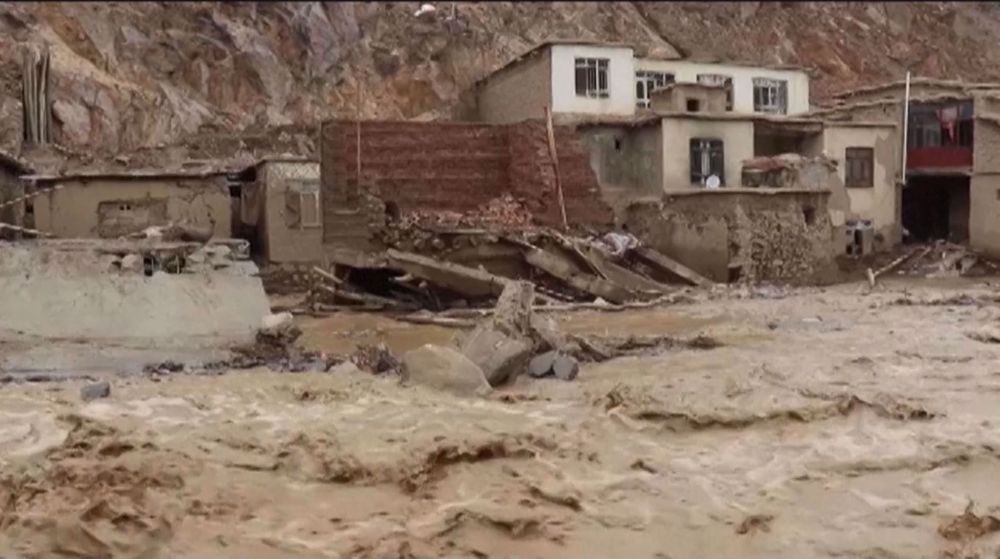
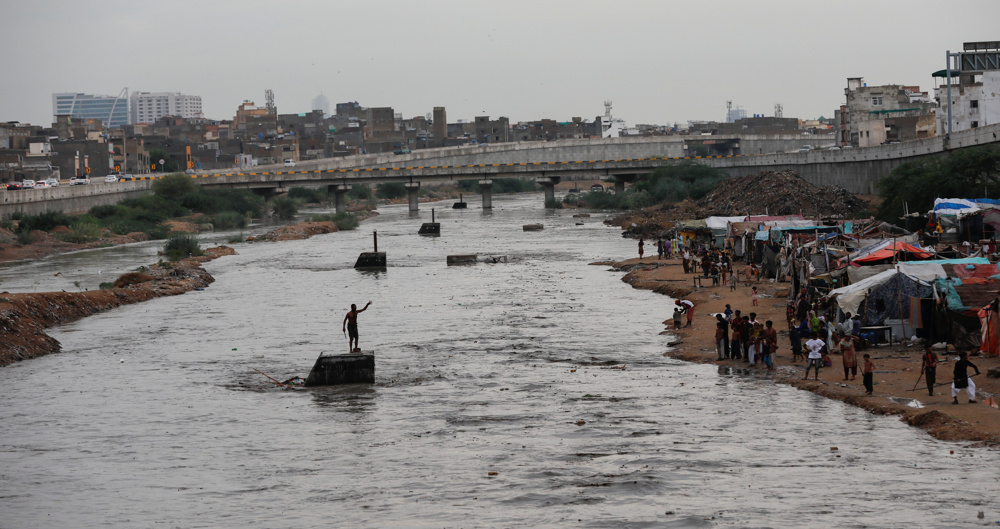

 This makes it easy to access the Press TV website
This makes it easy to access the Press TV website